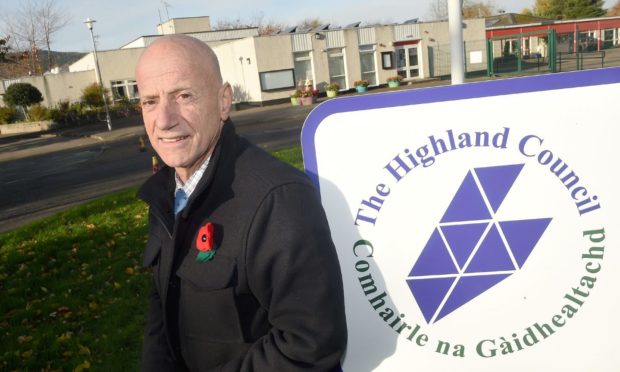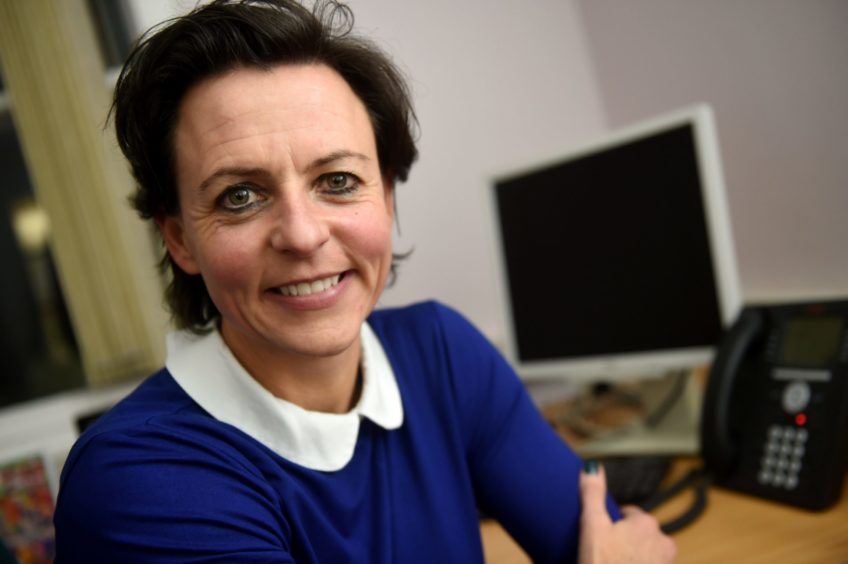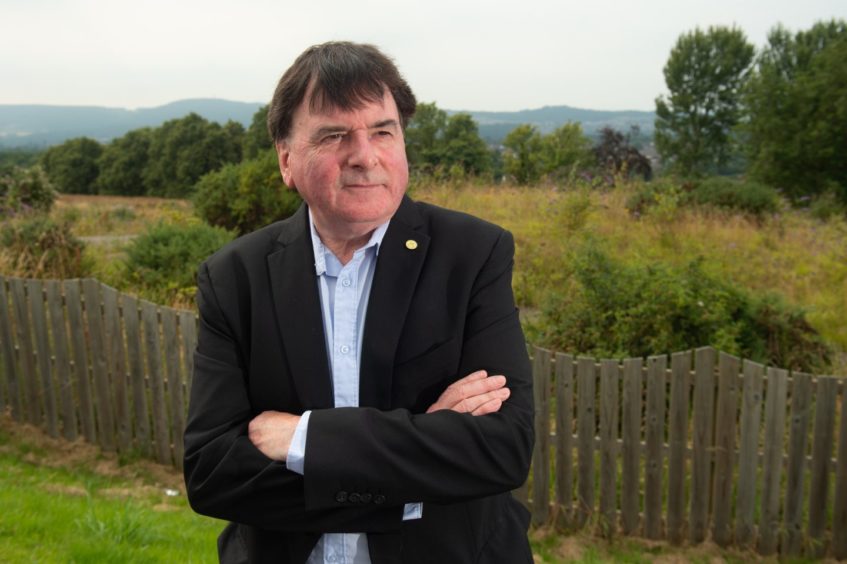Immediate action is needed to improve disappointing exam results in the Highlands, it has been claimed.
The council must admit that there’s a problem with exam results particularly at Higher level and make a plan.
That was the view repeated by successive members of Highland Council’s education committee in a fiery debate this morning.
Education bosses said there were many positives in the report, but admitted there was a lot of work to do. Chairman John Finlayson described the council as being on an “improvement journey.”
However, faced with a large attainment gap in Highland exam results compared with other councils, committee members said now was not the time to deflect.
The problem
Today’s report set out the exam results for Highland pupils in S4-S6 at SCQF Levels 5, 6 and 7 (National 5 to Advanced Higher).
In every year group, Highland generally lags behind the national average. Importantly, it’s also behind its virtual comparator – a local authority with similar challenges in deprivation, rurality and other factors.
In S4, Highland results are improving, but only 48% of pupils are achieving five or more awards at Level 5, compared by 54% nationally.
The gap increases in S5. At a national level, 25% of fifth year pupils are getting five or more Highers. In Highland, the figure is 18%. Worryingly, performance has declined since the last figures in 2019.
There are more problems in S6, where 34% of pupils are getting five or more awards at Higher and Advanced Higher level.
Councillor Graham Mackenzie – a former headteacher – set it out starkly. Referring to pupils achieving five or more awards, he said: “We are lower than our virtual comparator and the national establishment every year, for every measure.”
Damning report
Mr Mackenzie said the report was “damning” and pointed to staff shortages as a key issue. Mr Mackenzie said the pupil-to-staff ratio in Highland is the worst of all 32 local authorities.
SNP councillors said the Scottish Government had provided £2.3m to the council for 46 new teaching posts and 23 pupil support assistants. What has council done with that money?
Education executive chief officer Nicky Grant said the service is grateful for the funding, which came through in September. She said discussions are underway to decide how best to spend it. Funding from the council has been carefully distributed to schools most in need, based on the harms of Covid.
Councillor Emma Knox pressed the point, and secured agreement that a detailed report of the spend would come back to committee.
Improvement journey
Ms Grant and Mr Finlayson both sought to highlight the positives from the report.
Ms Grant said that attendance in Highland is above the national average, at 92%. The number of pupils going on to positive destinations has also improved, she said.
Labour marketforce data shows more young people in Highland are going on to further education or employment.
This was cold comfort to councillor Andrew Jarvie. He said the officers were “defensive” and refusing to acknowledge the problem. Exam results are crucial for Highland pupils.
“As a young person applying to university, you don’t put on your CV ‘I had 92% attendance,” he said.
“You don’t fix a problem until you admit that there is one. We have a systematic problem, a strategic problem, and we need a drastic course of action to turn it around.”
Mr Finlayson said the council does recognise there’s room for improvement, and that’s the journey the service is on.
Committee wants answers, not gloss
Successive members underlined the need for more information to come forward to education committee.
The SNP group called for a detailed report showing where the extra national investment is being spent.
Mr Jarvie wanted a strong strategy showing not only how individual schools would improve, but the council service as a whole.
Members also pressed officers to involve them in discussions. Councillor Ron MacWilliam said that blame and politics should both be set aside to enable progress.
Councillor Ken Gowans also said that members are “here to help” but warned “glib answers don’t cut it”.
“I think we need to take a hard look at this,” he said. “We need to have a complete realignment… Before we can do anything we need to be looking at these papers and picking out where the issues are.
“We cannot continue to gloss over things, and put ribbons and bows on things. We need to look at it and say ‘what is it we need to help?’ That’s what this committee is about, not saying how wonderful Highland Council is. We need to think about where we are going.”
Mr Finlayson said Mr Gowans’ point was well made.
He agreed to convene a separate meeting to get to grips with the attainment challenge.


